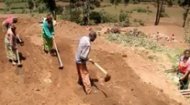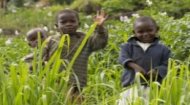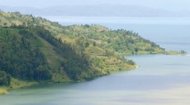|
Rwanda Profile
This page and other articles provide a Rwanda country profile including a social and economic profile together with details of daily life in Rwanda, news and video. Rwanda, with its population of 14,74 million (2025), is situated just south of the Equator and bordered by Uganda to its north, Tanzania to its east, Burundi to its south and the Democratic Republic of the Congo to its west. A former German colony, Rwanda became under the control of Belgium after the First World War and became independent in 1962. As with other emerging independent African nations, politics was divided into tribal factions and, following the assassination of President Habyarimana in 1994, ongoing ethnic tensions between the Hutu and Tutsi population erupted in a mass slaughter that led to the killing of an estimated half to one million Rwandans. |



















